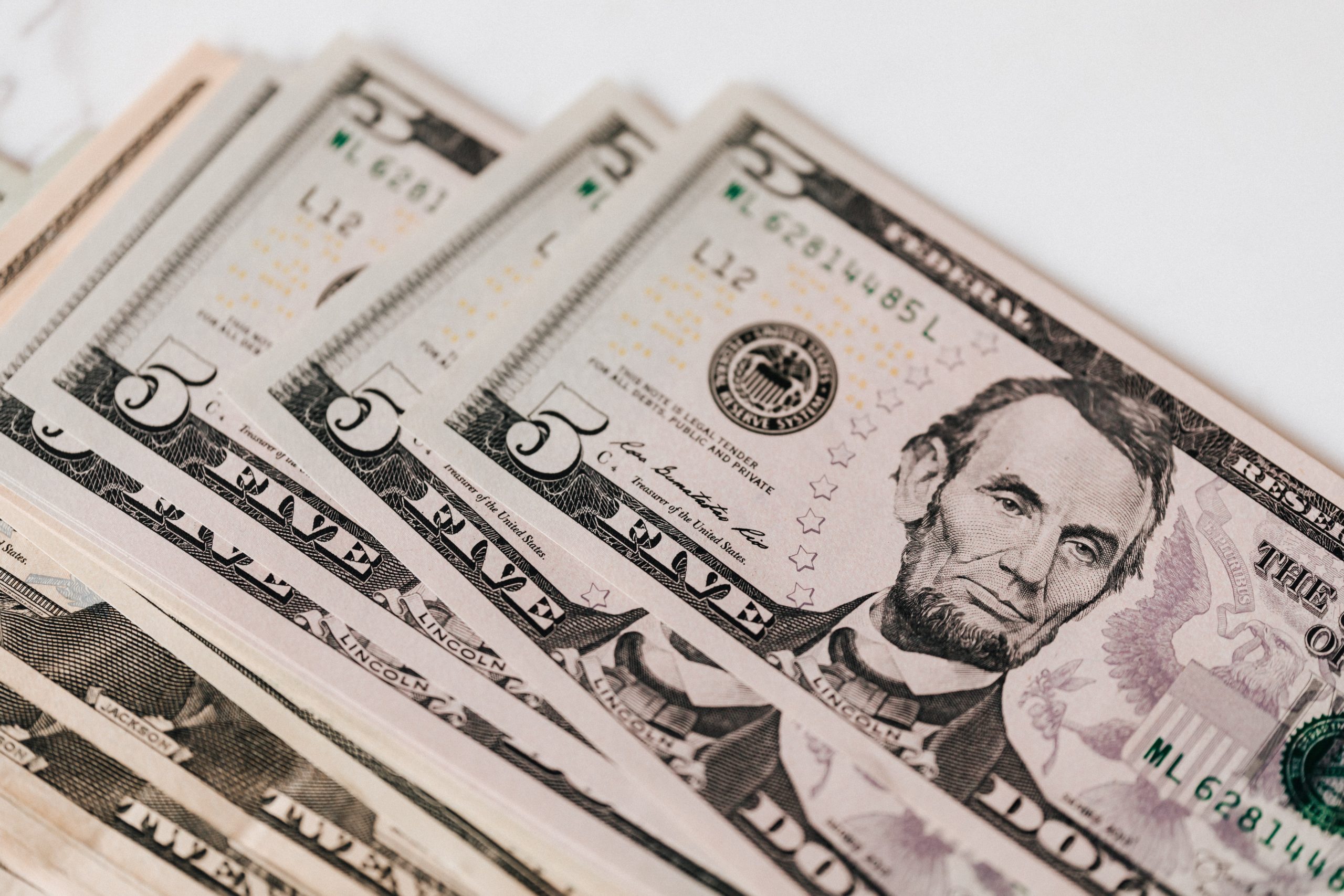You’re not alone if your savings account has a zero balance.
According to a Bankrate report, 20% of Canadians do not save, and 39% of Americans can handle a $1,000 emergency with their savings account. Find out how you compare to the typical American’s savings rate, why Americans aren’t saving, and what you can do to increase your savings.
Experts recommend that you save roughly 10% of your discretionary income. It can, however, change based on other criteria, such as employment security, fixed costs, lifestyle, and debt-to-income ratio.
How much should you put into your savings account based on your salary?
According to data from MagnifyMoney, the typical household in the United States has $183,200 in savings and retirement accounts, while the median home has around $12,330 in duplicate accounts.
If the average figure appears excessive, remember that top incomes save far more money than lower earnings, skewing the average amount upward. Alternatively, because it represents the genuine midway of the varied amounts Americans have in savings, the median value is a more accurate depiction of the typical American savings rate.
What is the ideal amount of money to have in your savings account?
While there is no one-size-fits-all answer to how much money you should have in your savings account, Leland Gross, founder and CEO of PeaceLink Financial Planning, a certified financial planner, recommends having at least three to six months of fixed expenses as a “healthy ballpark figure.”
Housing, utilities, basic transportation, food, and loan payments are fixed expenses. Your emergency fund should be enough to last at least six months.
Why aren’t North Americans putting money aside?
So, despite an improving economy, why aren’t most Americans saving money? It’s been attributed to a lack of prioritizing by several financial gurus. After all, it’s doubtful that you’ll save much if you don’t keep to a budget and set aside monthly dollars for savings.
Low income is another key reason many North Americans lack saving habits. Nearly a third of people say it’s the sole reason they don’t save more money. Others who aren’t saving claim they don’t know where to begin or what kind of account or financial product to utilize to save successfully. Other factors include rising healthcare expenses and the high cost of college tuition.
So, what can you do to start saving right now?
Pay yourself first, as the old saying goes. While you might not be able to save the recommended 10% of your discretionary income immediately, save what you can and use that figure as a financial goal to achieve. To begin, create a monthly budget that includes a savings line item.
Become knowledgeable about the finest tools and accounts for saving. While a savings account is beneficial, various additional savings options can help you get the most out of your money.
If you can’t save money based on your present pay and living expenditures, it’s time to rethink your financial status. Consider returning to school for a better-paying career, starting a second job, or living on a shoestring budget.
To save even more money, try preparing meals at home, reducing your holiday present list this year, or purchasing at bulk retailers. You might also save money on monthly costs by cancelling cable, switching to a cheaper mobile phone plan, or installing solar panels.
Sure, putting money into your savings account isn’t the most exciting or spectacular thing you can do with it. However, it is one of the wisest investments you can make.
When You’ve Reached Your Emergency Fund Goal, What Should You Do Next?
After you’ve met your initial savings objectives, you may wish to invest the rest of your money in stocks, bonds, mutual funds, or rental property.
Compared to savings, investments provide a higher rate of return at the risk of losing part or all of your principal. Investments, on the whole, are less liquid than savings accounts.
Returns on investments may help safeguard against the loss of buying power that occurs over time due to inflation or rising market prices.


Hello it’s me, I am also visiting this web page on a regular basis,
this site is really nice and the viewers are in fact sharing
good thoughts.